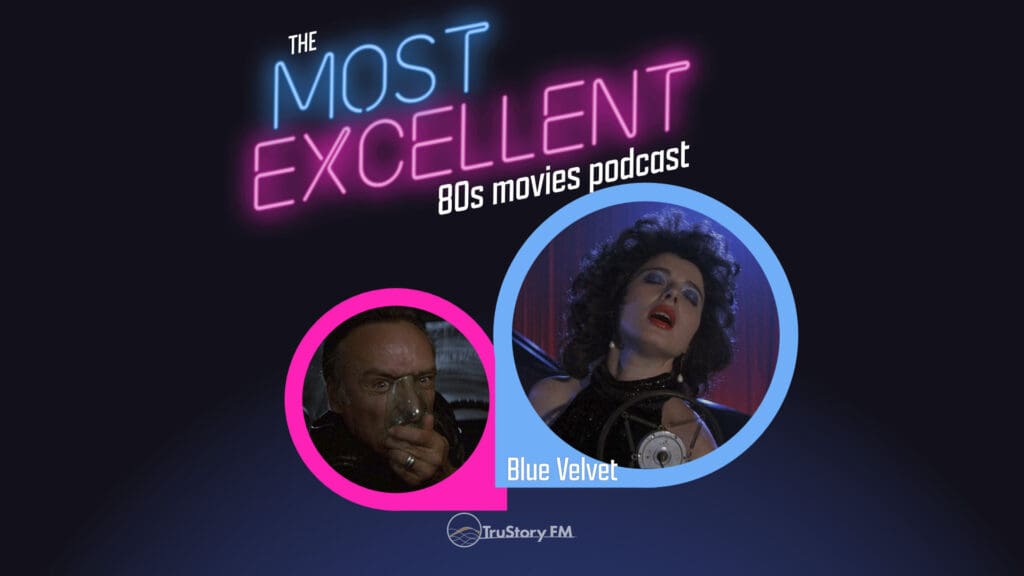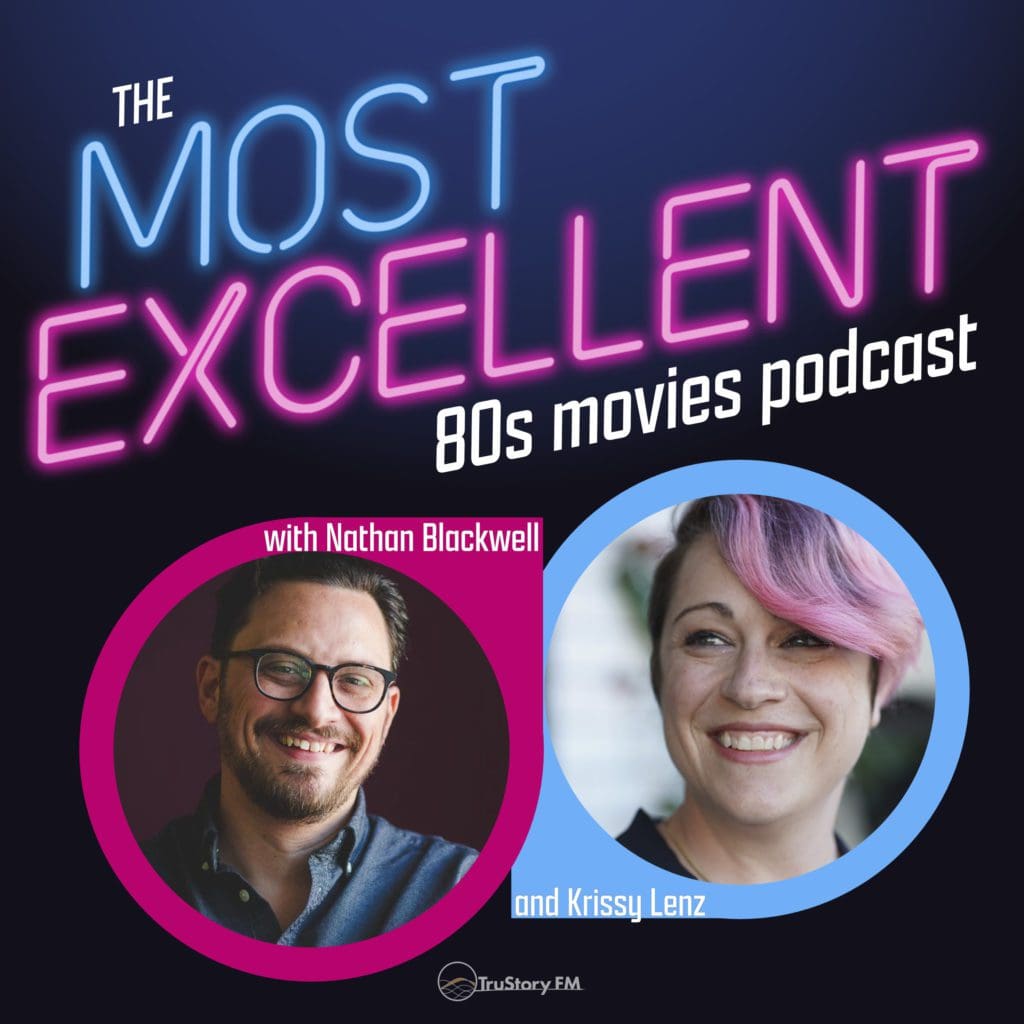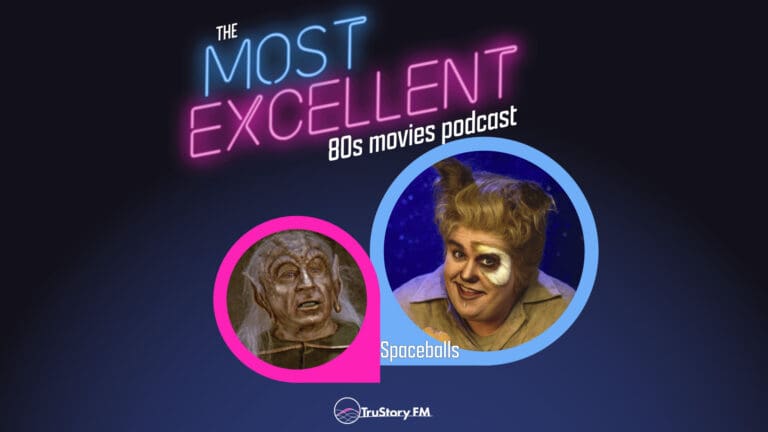David Lynch’s Dark Suburban Masterpiece
Join hosts Krissy Lenz and Nathan Blackwell with special guests Andy Nelson and Pete Wright as they dive into David Lynch’s controversial classic Blue Velvet (1986), a film that exposed the dark underbelly beneath idyllic small-town America.
When college student Jeffrey Beaumont (Kyle MacLachlan) discovers a severed ear in a field, he’s drawn into a twisted mystery involving nightclub singer Dorothy Vallens (Isabella Rossellini) and the terrifying Frank Booth (Dennis Hopper). The hosts explore how Lynch creates a jarring contrast between 1950s suburban aesthetics and the disturbing criminal world that exists beneath the surface.
The panel discusses how Blue Velvet serves as Lynch’s most accessible work while still containing his signature surrealism. Unlike his later films that abandon traditional narrative structure, Blue Velvet follows a relatively straightforward detective story, making it an excellent entry point for viewers new to Lynch’s filmography. The film’s lasting impact can be seen in later works like Twin Peaks, which further developed many of the themes and visual styles first explored here.
Dennis Hopper’s unhinged performance as Frank Booth remains one of cinema’s most memorable villains, with the hosts noting how Hopper reportedly told Lynch, “I am Frank Booth,” when accepting the role that many actors had turned down due to its disturbing nature.
Topics Discussed:
- The film’s juxtaposition of 1950s idealism with 1980s darkness
- Lynch’s signature visual style and sound design techniques
- The voyeuristic themes and Jeffrey’s seduction by darkness
- Isabella Rossellini’s haunting performance as Dorothy Vallens
- How Blue Velvet compares to Lynch’s other works
- The famous “Pabst Blue Ribbon” scene
- Lynch’s influence on subsequent filmmakers and media
- Each host’s rating of the film (on a scale of Pabst Blue Ribbons)
The episode concludes with deep-cut recommendations including The Reflecting Skin (1990), John Cheever’s short story “The Swimmer,” and the video games Alan Wake and Control – all works that share thematic or stylistic elements with Lynch’s universe.
Whether you’re a Lynch devotee or curious newcomer, this episode offers fascinating insights into a film that continues to disturb and captivate audiences over three decades after its release.











